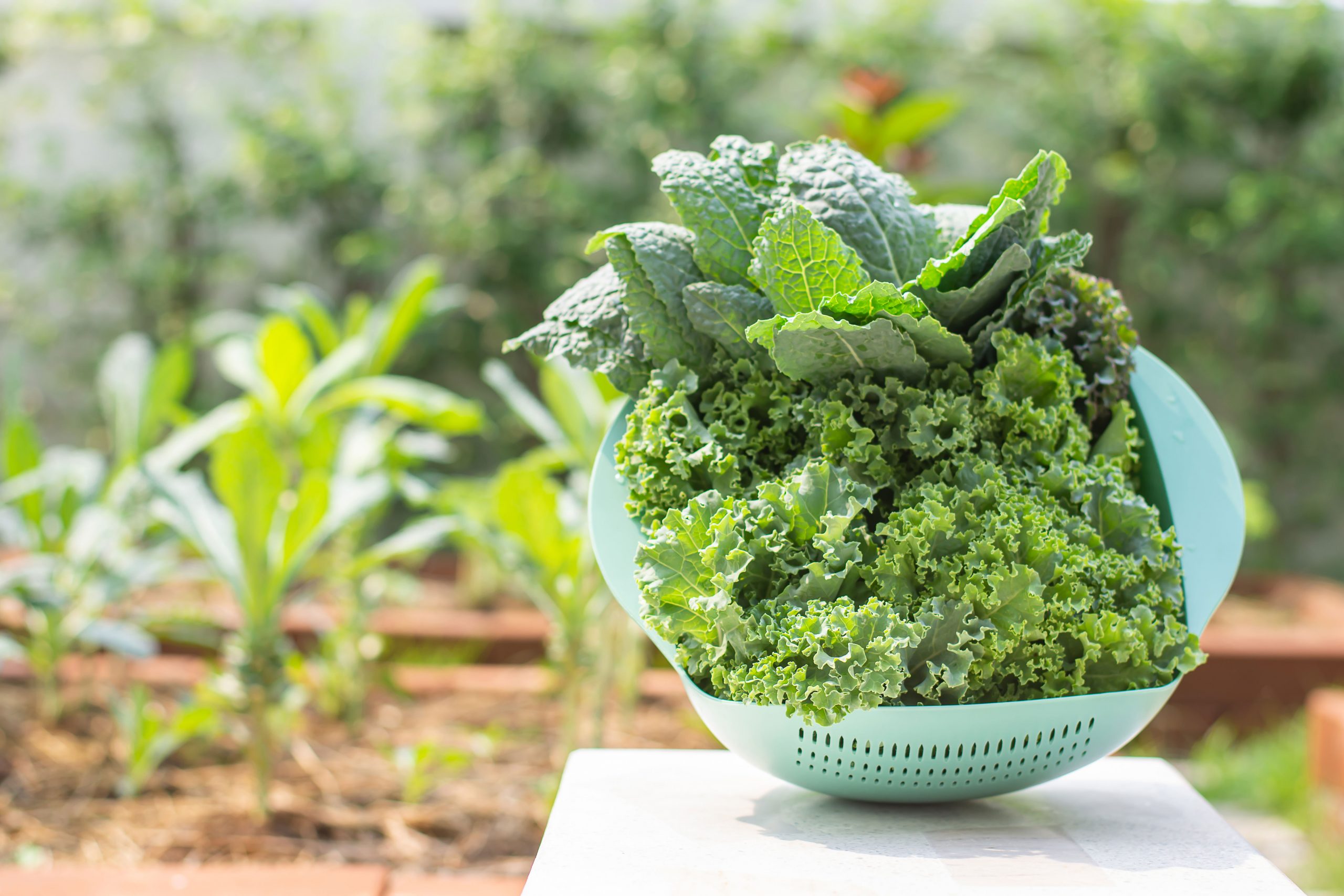
By: Charlie Betley
Kale is considered to be one of the healthiest foods in the world
Nutritional Information
Kale is rich in powerful antioxidants, including zeaxanthin, lutein and quercetin, as well as a range of flavonoids and polyphenols. These compounds can strengthen the immune system and prevent serious disease. Antioxidants also help to protect cells by neutralizing damage caused by free radicals and harmful UV rays
Kale contains a wide range of vitamins and is one of the best food sources of beta-carotene and vitamin C. A single cup of kale contains more than the recommended daily intake of both vitamin A and vitamin C. Kale contains significant amounts of several B vitamins and is one of the best sources of vitamin K, which is needed for blood clotting.
Kale is loaded with minerals that are essential for the body to function properly. A cup of kale contains around 25 percent of the recommended daily intake of manganese. It also contains more than five percent of the recommended daily intake of calcium, magnesium, potassium and copper, as well as small amounts of iron, phosphorus and alpha-linolenic acid.
Health Benefits
Several studies have shown that the antioxidants found in kale can help to protect against cancer. Kale is rich in quercetin, kaempferol and polyphenols that can fight cancer cells. These compounds also contain anti-inflammatory and antiviral properties that can protect against other illnesses.
Kale contains significant amounts of beta-carotene, lutein and zeaxanthin, all of which help to protect the eyes. Studies have linked intake of these antioxidants to a reduced risk of cataracts, macular degeneration and other eye problems.
Potassium, calcium, magnesium and other nutrients found in kale help to protect the cardiovascular system by lowering high blood pressure and reducing cholesterol levels in the blood. One study suggested that drinking kale juice every day can reduce levels of LDL (bad) cholesterol in the blood, while also increasing levels of HDL (good) cholesterol.



